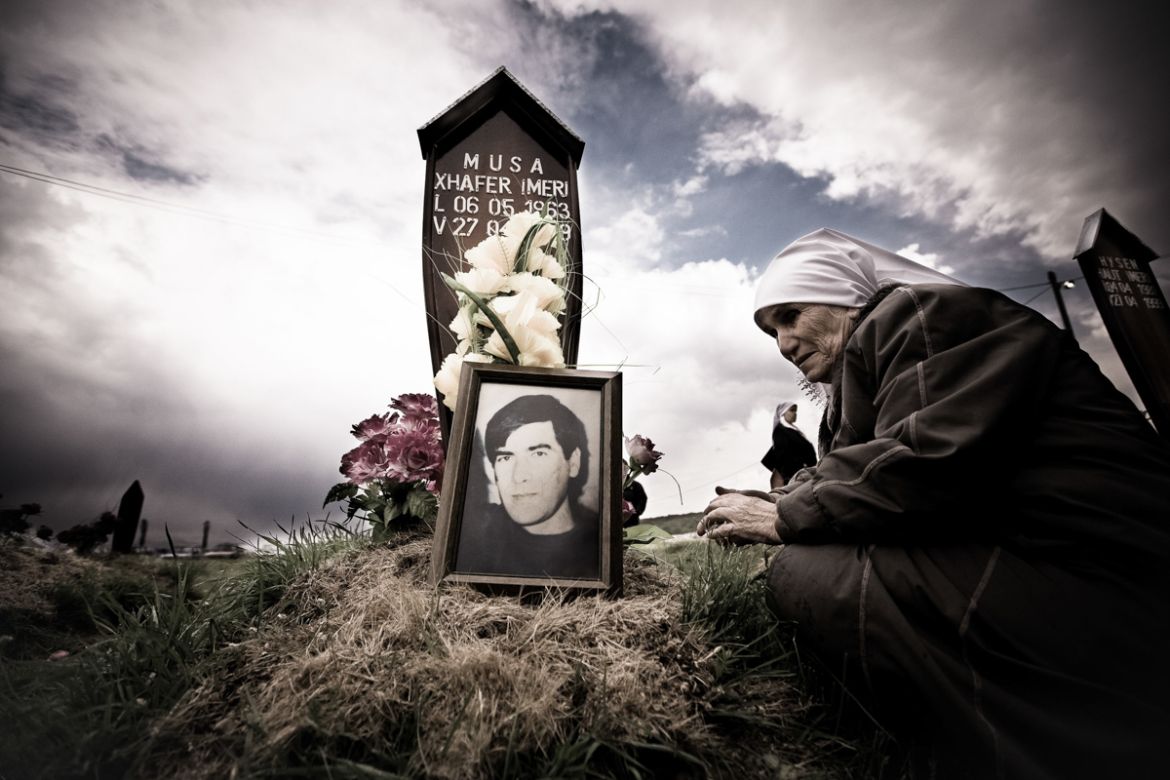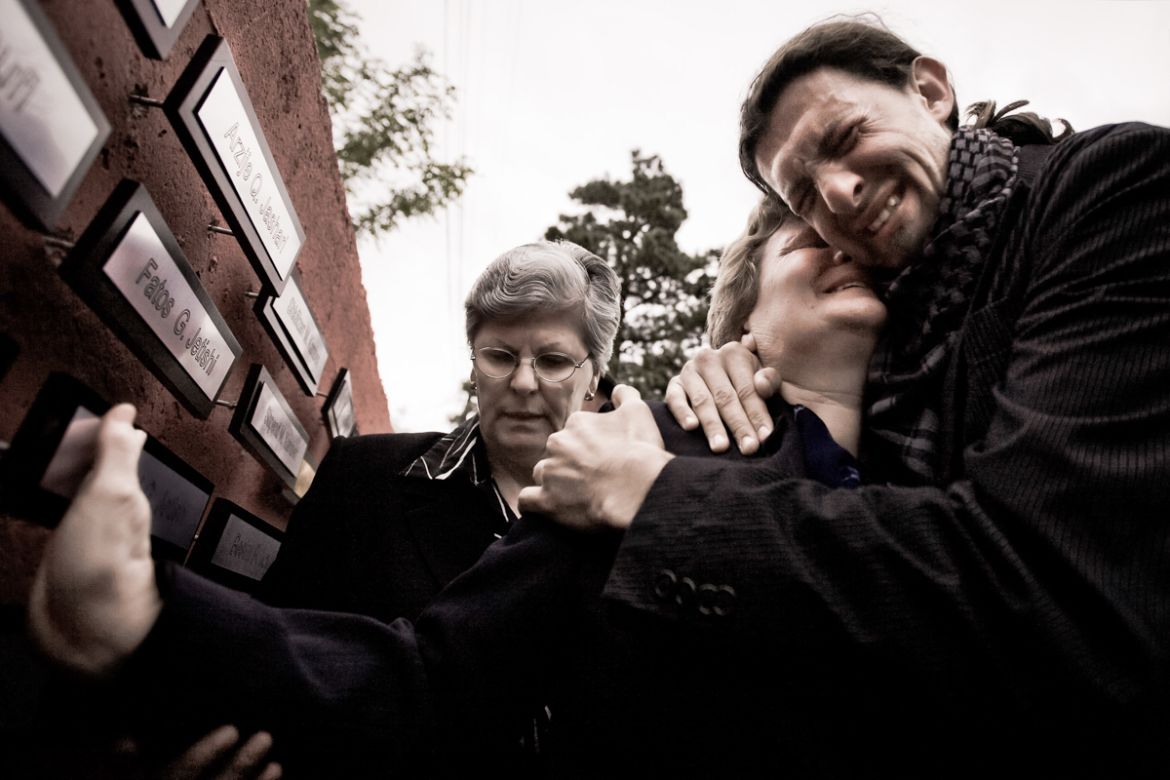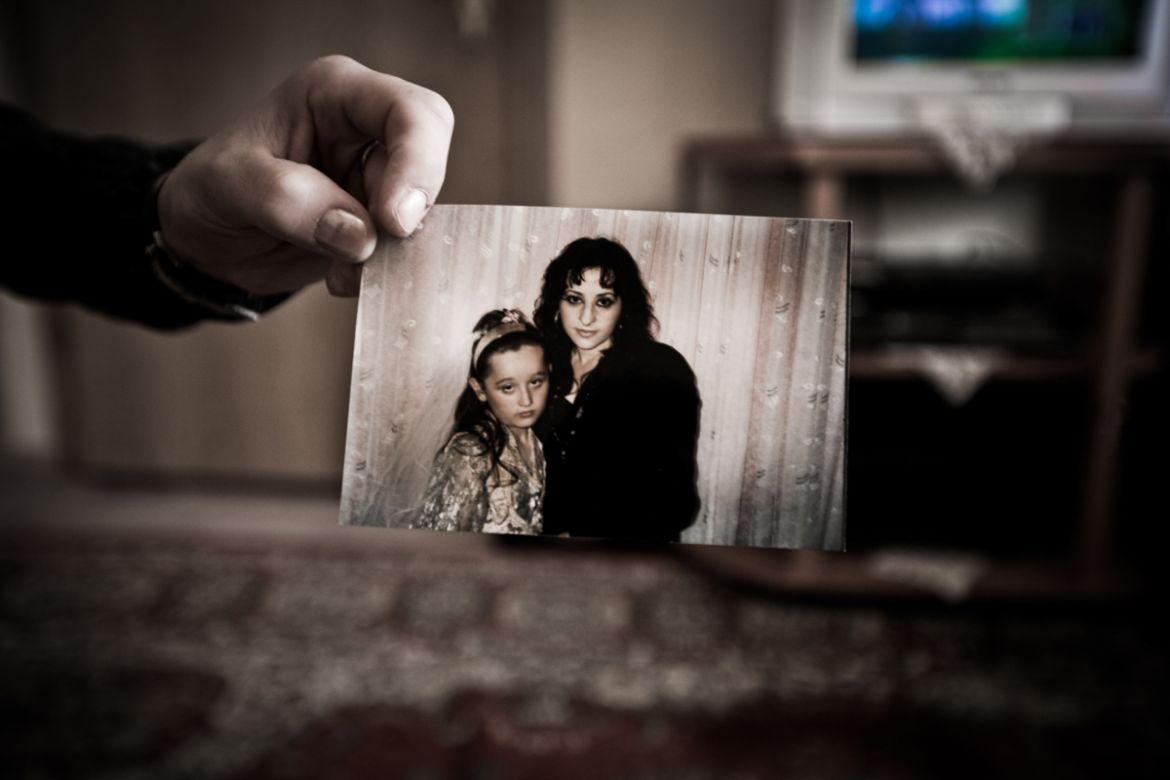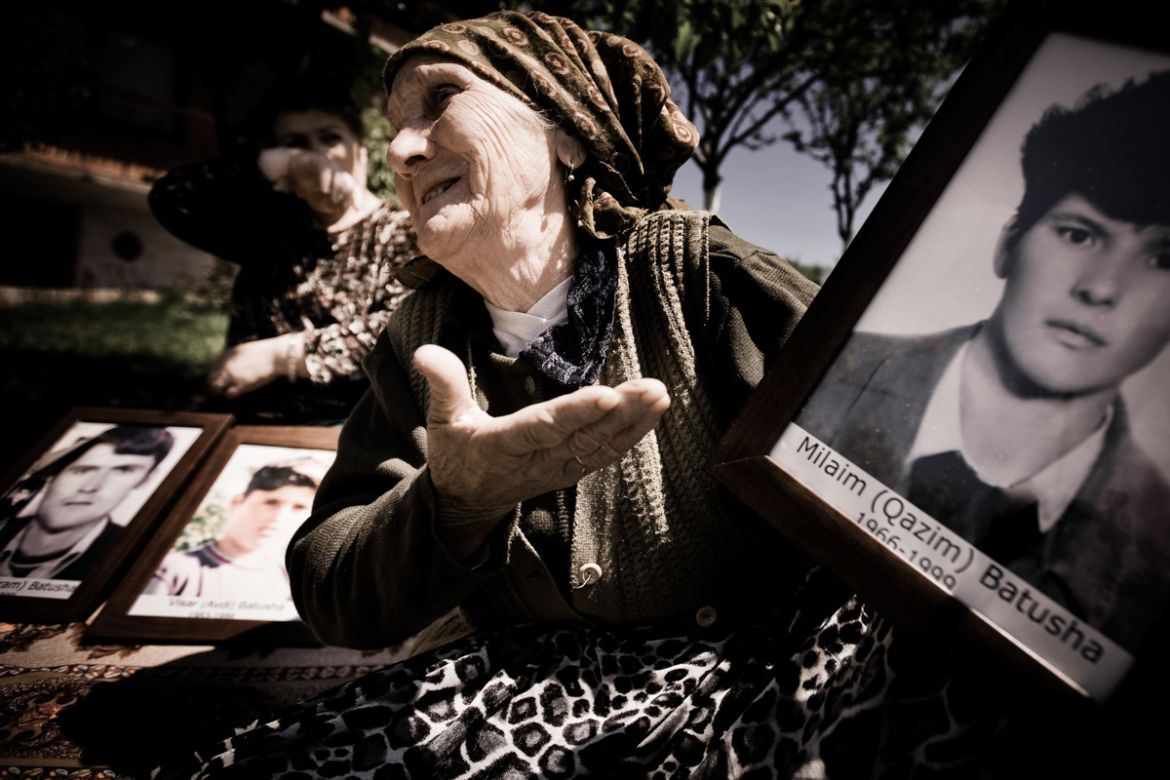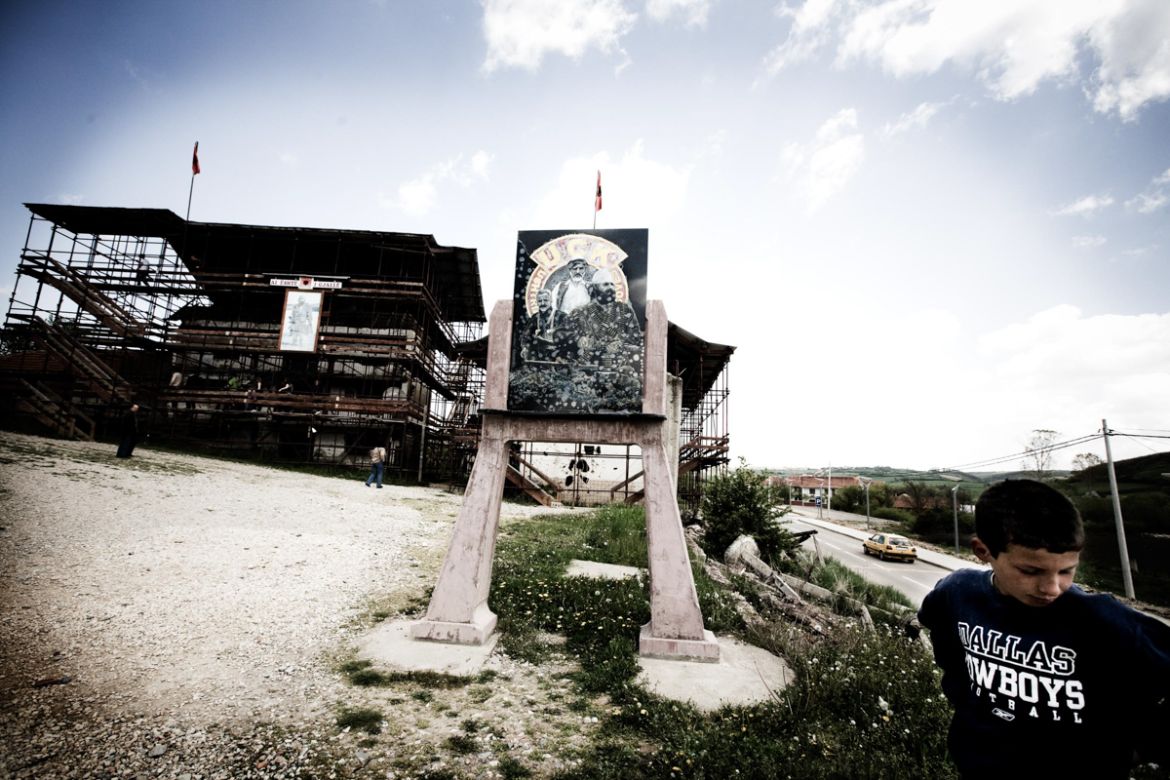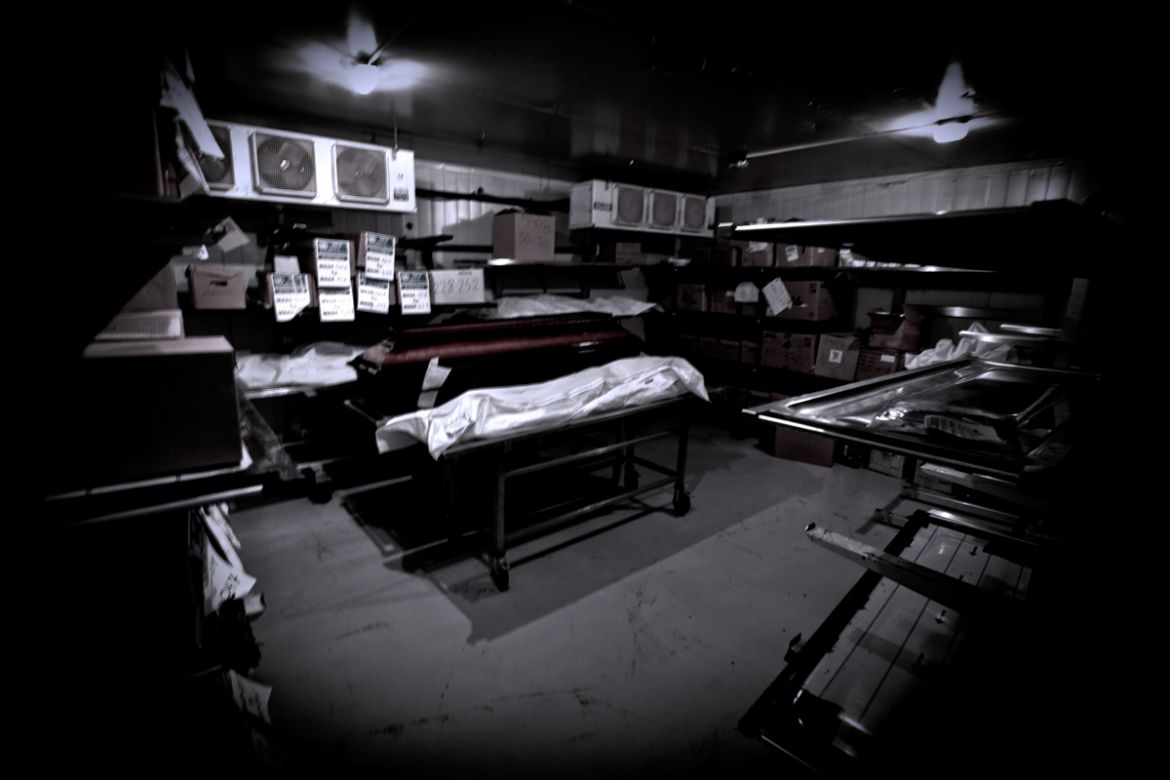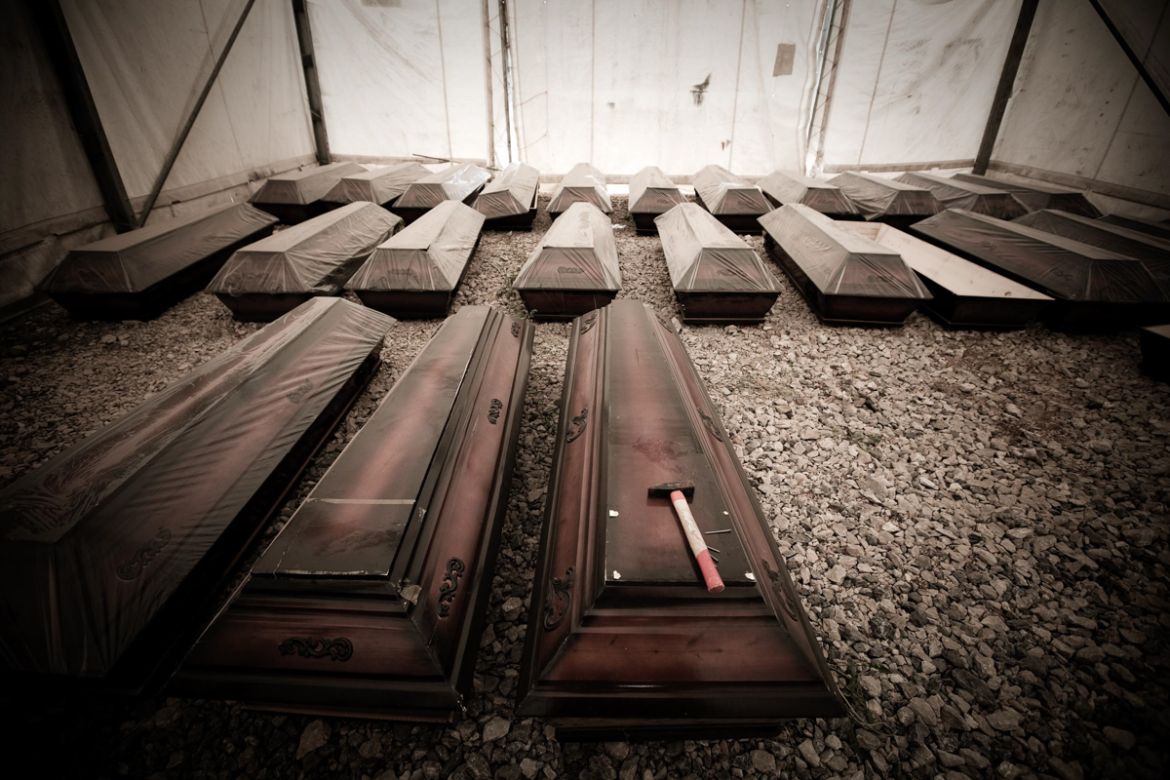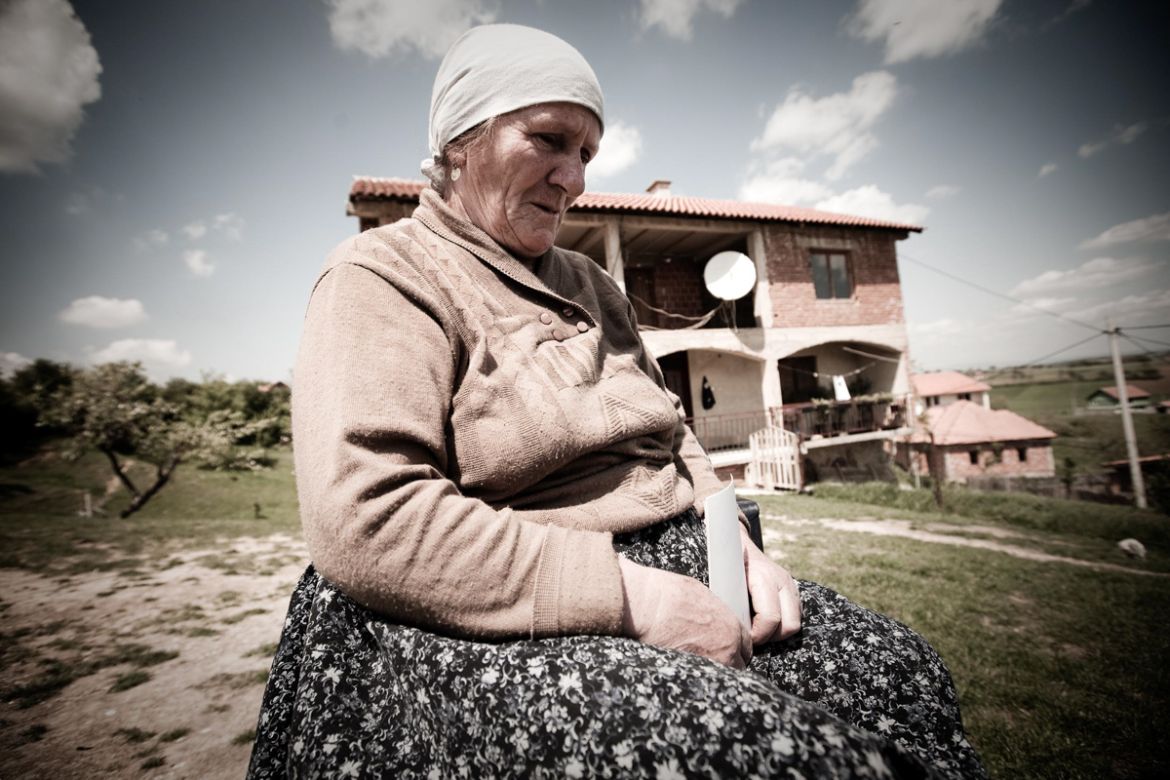In Pictures
Kosovo: Remembering massacre victims and the missing
For destroyed communities, trauma persists 10 years after Kosovo declared independence.
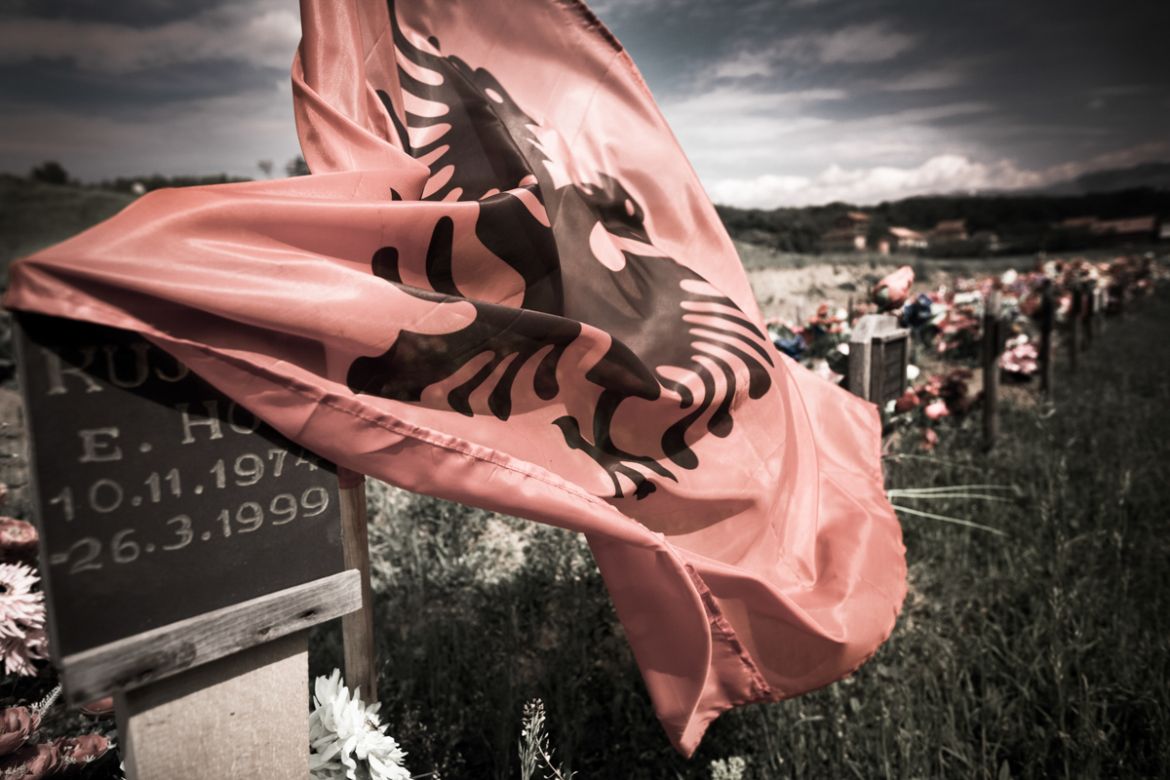
Gjakova, Kosovo – On February 17, 2008, through a unilateral declaration, the Republic of Kosovo proclaimed its independence from Serbia.
As of 2017, 110 UN member states recognise Kosovo as a country.
Its independence was the result of a bloody conflict – a war of ethnic cleansing by paramilitary forces inspired by Serb hardliners.
More than 2,000 people are still missing in mass graves.
The 1998-1999 conflict in Kosovo claimed the lives of around 13,000 victims, mostly ethnic Albanians.
A team of doctors and forensic pathologists work daily, exhuming corpses and analysing the remains and their DNA.
The United Nations Office on Missing Persons and the Legal Police is responsible for this process, and retrieves information on mass graves not yet identified in the Balkans.
The United Nations mission has taken over the civil administration of the province, carrying out joint activities with the International Committee of the Red Cross and other local NGOs.
Some survivors describe the days of terror that even today, after almost 20 years, still plague their memories.
A surviving woman, taking refuge in the mountains, describes the day she returned to her village in the province of Drenica, when even the rain could not cover the smell of decaying bodies.
The main ethnic groups in Kosovo lead separate lives.
The wounds of a fierce war means national identity is fragile.
The following series illustrates the consequences of ethnic cleansing.
